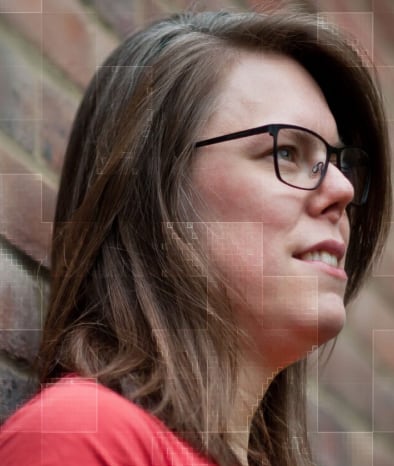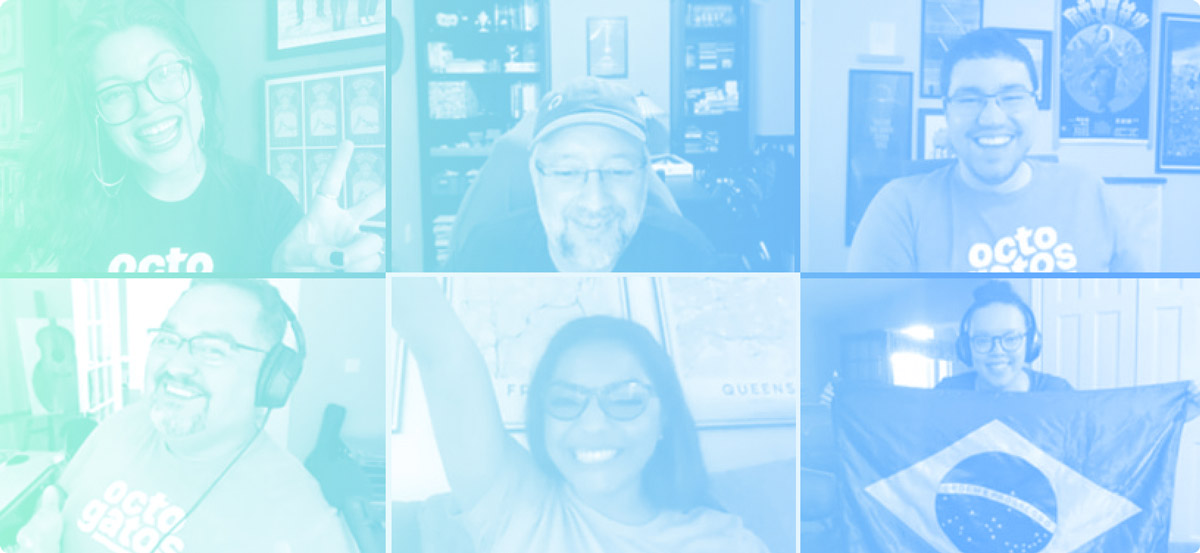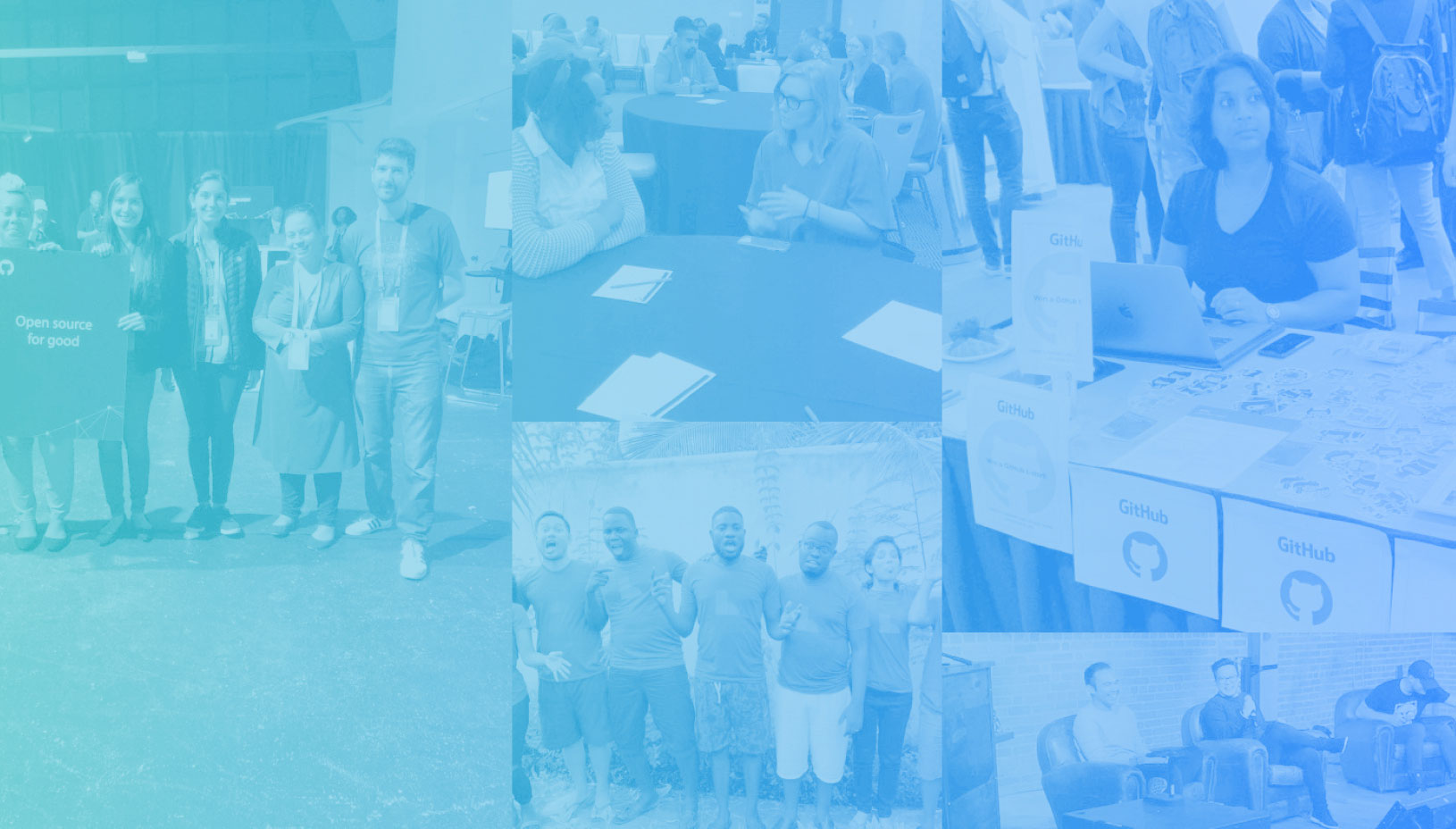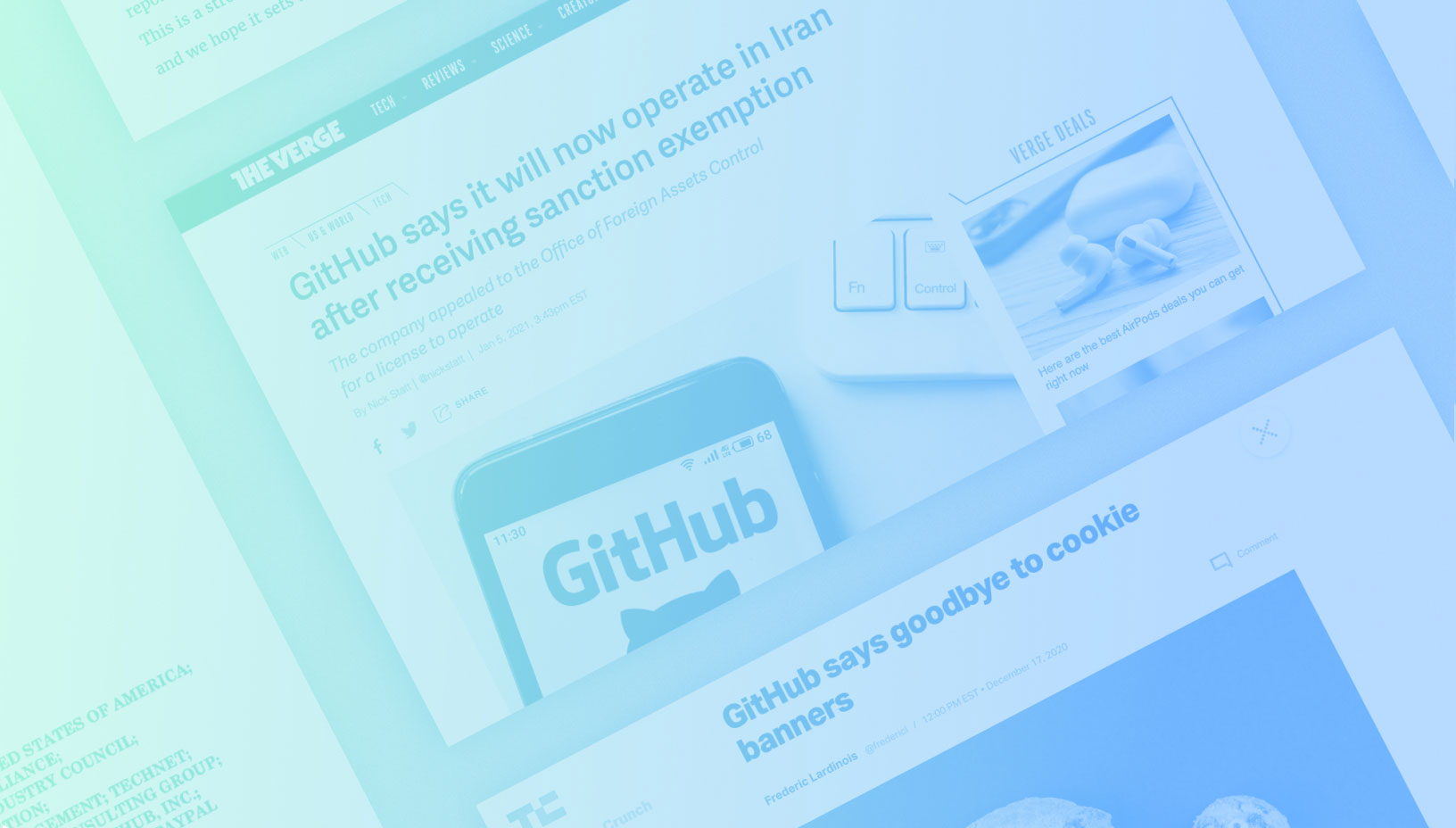Global Diversity, Inclusion, and Belonging at GitHub
As home to the largest developer community in the world, we believe deeply in the potential and the power of a diverse open source community. We feel it is our responsibility to promote diversity and inclusion, and integrate these values into every aspect of what we do.
How do we do this? Our global diversity, inclusion, and belonging strategy is aligned across four pillars: Platform , People , Philanthropy , and Policy . Take a deeper dive into each below.
Platform
Our mission is to accelerate human progress through developer collaboration.
Whether they’re newcomers or experienced professionals, we want developers of all abilities and skill levels to have a place where they can build, collaborate, and continue to hone their craft. We prioritize global accessibility by investing in developer outreach globally, fostering a strong community on our platform, and integrating ADA best practices .
Learn more about our platformProvide an on-ramp for the next generation of developers
The Major League Hacking (MLH) MLH Fellowship, Powered by GitHub is a remote program now available in over 32 regions that matches students with open source projects and mentors.
GitHub Education has served 2.5 million students globally and provides students, teachers, and schools with access to powerful tools that support the growth and learning of the next generation of developers.
Use inclusive language
We coordinated with industry partners and the Git community more broadly to drive the work to change the default branch name for new GitHub repositories from master to main . We are now working with a number of organizations to make this an industry-wide change.
GitHub Mobile is now available in English, Brazilian Portuguese, Japanese, Simplified Chinese, and Spanish . Now more developers can organize tasks, respond to issues, and review and merge pull requests on the go – in more languages than ever.
Contribute
where it counts
GitHub Sponsors allows the developer community and corporations to financially support the people and organizations who design, build, and maintain the open source projects they depend on, directly on GitHub.
In 2020, we joined forces with Microsoft and LinkedIn in a global skills initiative aimed at bringing more digital skills to 25 million people worldwide.
Amplify underrepresented voices
ReadME Project spotlights a diverse range of voices in the global open source community: the maintainers, developers, and teams whose powerful contributions move the world forward every day.
GitHub Stars is a platform for our most influential developers to showcase their work, reach more people, and shape the future of GitHub.
People
We want our teams at GitHub to reflect the global developer community.
In order to be truly innovative and build the best home for the world’s developers, our team must reflect the community we serve, so we invest in building teams with diverse perspectives, backgrounds, and life experiences.
Learn more about people and cultureApply data to our hiring process
We set and track ambitious hiring, retention, and promotional goals for underrepresented communities.
Hold ourselves accountable
We share our annual Diversity Report, which brings transparency to diversity efforts, like representation in tech roles and in leadership.
Promote continuous learning
We invest in unconscious bias, privilege, and allyship training for all employees. This empowers everyone to develop awareness, exercise curiosity, and demonstrate courage.
Collaborate and co-create
We closely collaborate with our Communities of Belonging (CoB) and with our Inclusion Advisory Council (IAC) to guide and inform our priorities.
Provide support for Hubbers
We offer competitive benefits, including access to mental health services, a wellness stipend, $2,000 USD a year for learning and development, and back-up child care and adult/elder care.
Philanthropy
The Social Impact Team empowers current and future developers, nonprofits, and organizations to drive positive and lasting contributions to the world with GitHub products, our brand, and our employees.
GitHub has a responsibility as both a corporation and community leader to address key societal issues, locally and globally. We work to embody these values and lead our business in an ethical way. We utilize GitHub resources by deploying products and tools to be used for good and activate partnerships between the private and social sectors. We empower employees to engage in their communities and contribute to causes that align with their values. Through four key areas of focus, and together, with employees, developers, and partners we can drive positive and lasting contributions to the world.
Learn more about GitHub Social ImpactPolicy
We use our platform to advance issues that protect and promote inclusive opportunities through law, regulation, and social action.
Policy can play a big role in shaping who has the opportunity to be a developer and what developers can build. That’s why our Policy Team is focused on local and global initiatives, like securing access for developers in Iran, advocating for DACA, and joining amicus briefs alongside Microsoft, Google, Salesforce, and other tech organizations in support of international students remaining in the U.S.
Learn more about our policy workProtecting privacy and security
We also contribute to projects that protect the privacy and security of people across the globe, especially at-risk populations—and work to foster and protect developers' ability to collaborate and drive change.
Promote civic engagement
Finally, we promote civic engagement by developers globally, including making sure that Hubbers have paid time off to vote and serve as election workers.





























